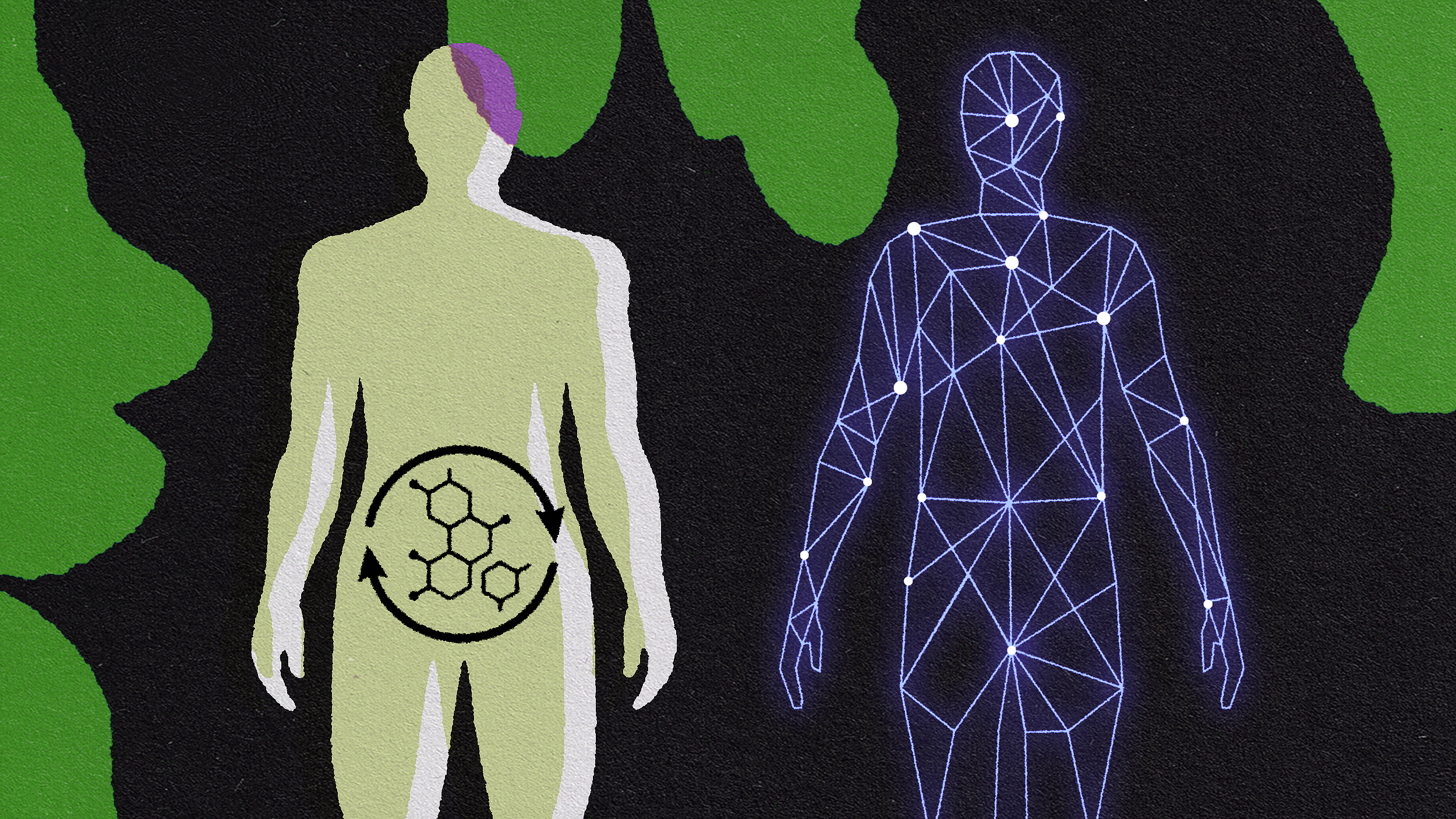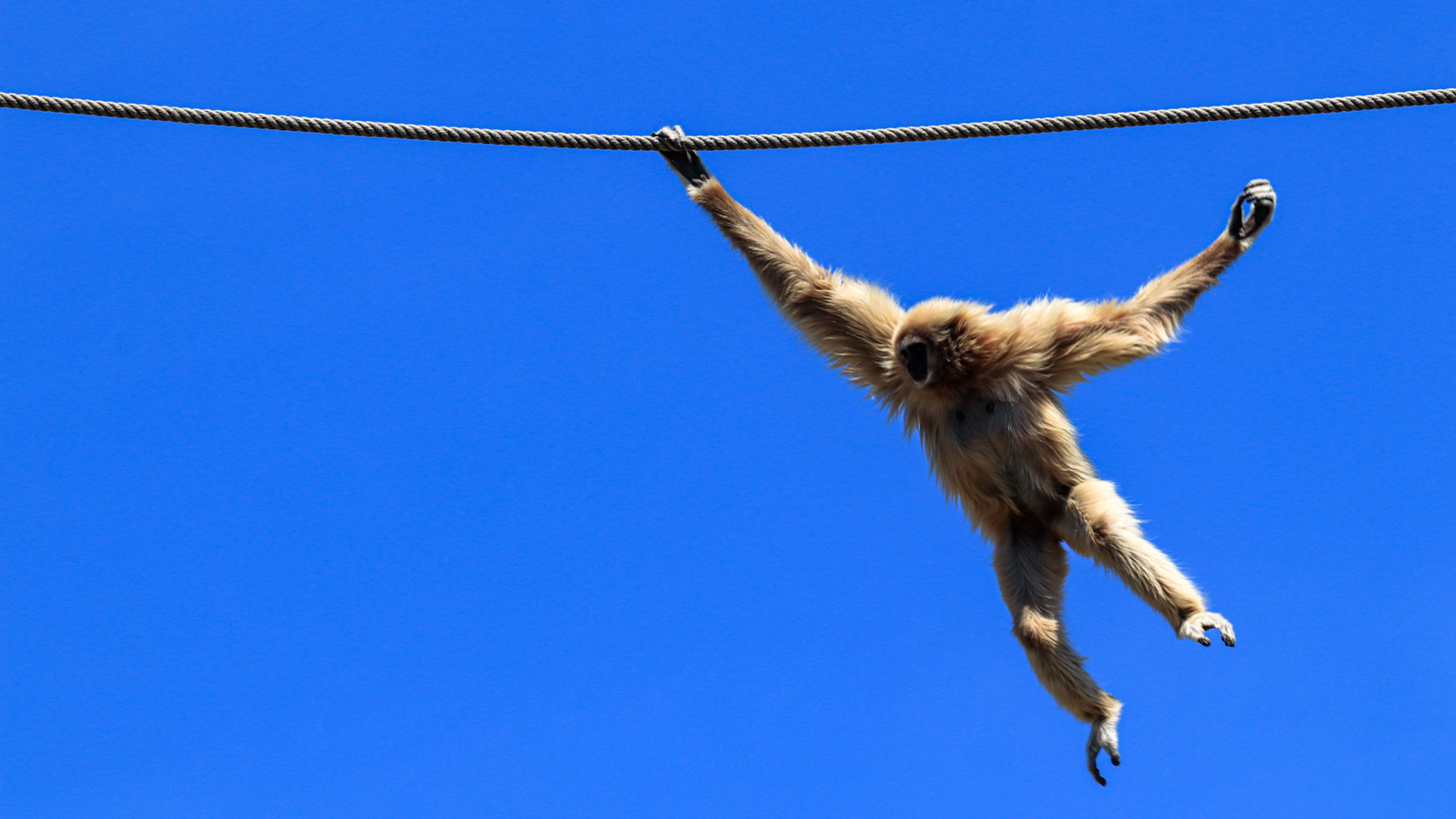Most Americans think ‘dad bod’ is the new six-pack, survey finds

TSM/Bauer-Griffin / Contributor --- Universal Pictures
- The survey was commissioned by Planet Fitness, whose conducted surveys on dad bod for the past three years.
- The results generally showed that Americans think dad bod is sexy, attractive, and indicative of a man who’s comfortable in his own skin.
- Still, research suggests that gaining weight in middle adulthood raises the risk of chronic disease and premature death.
Want to become more attractive in the eyes of a majority of Americans? Stop doing crunches, because more than half of the respondents in a recent survey said “dad bod” is sexy and is considered the “new six-pack.”
What exactly is dad bod?
“It’s not an overweight guy, but it isn’t one with washboard abs, either,” wrote Mackenzie Pearson in a once-viral article published by the Odyssey. “While we all love a sculpted guy, there is just something about the dad bod that makes boys seem more human, natural, and attractive.”
The “natural” part of that description seems to be rooted in science: A 2015 study found that even though fatherhood generally inspires men to become healthier, it’s also associated with a slight weight gain, possibly due to “different kinds of foods, portions, and leftovers available; anecdotal evidence does exist of fathers cleaning their children’s dinner plates.”
For the past three years, Planet Fitness has surveyed Americans’ views on dad bod, finding that people are generally finding it more desirable with each year. Planet Fitness reported:
- Body Positivity on the Rise. More men with a “dad bod” this year in comparison to last year say:
- They are happier with their body (79 percent vs. 64 percent);
- Having that body type has improved their life in some way (72 percent vs. 62 percent);
- A “dad bod” has made them more relaxed (46 percent vs. 37 percent).
- Boosted Self-Esteem. Men who say their “dad bod” has improved their life this year claim their body type has helped them accept themselves (48 percent) or made them less concerned with their appearance (47 percent).
- Confidence is King. Nearly four in five among both women and men (78 percent) believe a “dad bod” is a sign of a man who is confident in his own skin.
- Yes, Please. More Americans say the “dad bod” is attractive (65 percent vs. 57 percent), men with a “dad bod” are sexy (61 percent vs. 51 percent) and the “dad bod” is the new six-pack (51 percent vs. 41 percent) this year compared to last year.
It might seem strange that Planet Fitness — a gym — would celebrate the ever-increasing acceptance of the dad bod. (After all, if vanity is driving some men to the gym, can’t they now just cancel their subscriptions?) But one of the touchstones of Planet Fitness’ marketing strategy in recent years has been branding its gyms as judgement-free zones.
“As home of the Judgement Free Zone, we’re proud to offer a comfortable environment for all of our members, regardless of body type,” said Jamie Medeiros, vice president of marketing at Planet Fitness. “This Father’s Day, Planet Fitness is challenging everyone, and not just dads, to be comfortable in their own skin and accept others for who they are.”
Still, gaining weight in middle adulthood could lead to serious and deadly diseases. A 2018 study found that people who gained even just moderate weight (5 to 22 pounds) before the age of 55 were more likely to die prematurely and develop chronic diseases. What’s more, the likelihood of adverse effects increased and people gained more weight.
“Physicians need to counsel patients about the dangers of excess body weight which include a higher risk of Type 2 diabetes, cardiovascular disease, cancer, and premature death,” Shilpa Bhupathiraju, research scientist at the department of nutrition at the Harvard Chan School of Public Health, told MarketWatch.





